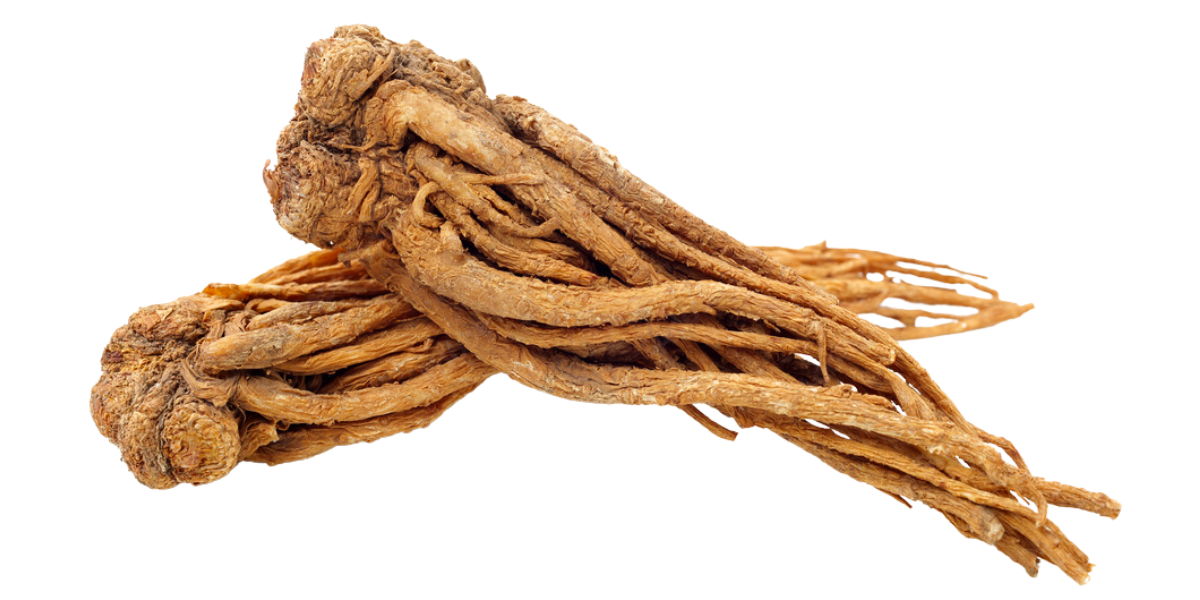
Aromatherapy for Pain Management: Archangelica Root
In the verdant tapestry of the botanical world, Angelica archangelica stands as a captivating figure, known by various names such as garden angelica, wild celery, or Norwegian angelica. This biennial plant hails from the Apiaceae family, with a cultivated subspecies cherished for its delectably fragrant edible stems and roots. Essential oils distilled from the roots of this plant have also been shown to have anti-inflammatory and analgesic properties when applied topically or inhaled.
Why is it called Archangelica?
The name "Angelica" means "angel-like," bestowed upon the plant due to its heavenly scent. "Archangelica" implies a connection with the highest order of angels, a name that speaks to the plant's superior aromatic and therapeutic qualities.
Where is Archangelica cultivated?
Angelica archangelica thrives in the Northern parts of countries like Norway, Russia, Finland, Sweden, Denmark, and Iceland. Its wild presence is a testament to its hardiness and adaptability to these environments. Since the 10th century, it's been cultivated for culinary and medicinal use, gaining prominence in Scandinavia by the 12th century.
Culinary History
Archangelica has historically been used in liqueurs like Chartreuse, Bénédictine, Vermouth, and Dubonnet, infusing a unique character. Angelica-laced omelets and trout delight the palate, while candied stems provide both taste and decoration. Notably, Angelica's flavor and aroma stand distinct from other Umbelliferae members like fennel, anise, or parsley.
Archangelica Root Essential Oil
Delving into Angelica's essence reveals a rich tapestry of aromatic compounds. The roots exhibit a high concentration of terpenes, including α-pinene and β-phellandrene. Studies unveil a plethora of over eighty aroma compounds. Of particular interest is cyclopentadecanolide, imparting a unique musky aroma to the root. These aromatic roots and seeds are essential in gin distillation, rendering the characteristic flavor in conjunction with juniper berries and coriander.
Angelica's roots and seeds also harbor an array of compounds, including coumarins and furocoumarins. From archangelicin to oxypeucedanin, these compounds contribute to its distinct therapeutic and aromatic properties. Other constituent molecules include adenosine, coniferin, and various glycosides, adding depth to the plant's biochemistry.
Archangelica Aromatherapy
Pain, whether acute or chronic, can cast a shadow on our well-being. Angelica archangelica's essential oils offer a natural avenue for pain relief through their anti-inflammatory and analgesic properties. Unlike pharmacological interventions, this natural approach doesn't carry the risk of habit formation or unwanted side effects. It's a harmonious way to address pain on your terms, honoring your body's innate ability to heal and find balance.
In a world where pharmacological interventions often come with a host of considerations, archangelica root aromatherapy offers a breath of fresh air. By harnessing the plant's inherent therapeutic properties, you're embracing a holistic journey toward pain management that respects your body's needs.
Conclusion
Angelica archangelica's essential oils present a safe and all-natural pathway to pain management through aromatherapy. This holistic approach celebrates the harmony between nature and well-being, providing a safe and gentle alternative to more invasive interventions. As you breathe in the delightful aroma, you're not only engaging with a plant's essence but embarking on a journey towards wellness, rooted not only in the wisdom of the ages, but in science as well.
Pain Management No. 57
Personal Aromatherapy Inhaler
Alongside essential oils of rose, lavender, and frankincense, archangelica root oil is part of the Ascents Pain Management No. 57 essential oil blend. All Ascents products are safe and effective, research-backed, and evidence-based symptom management solutions.










Leave a comment
This site is protected by hCaptcha and the hCaptcha Privacy Policy and Terms of Service apply.